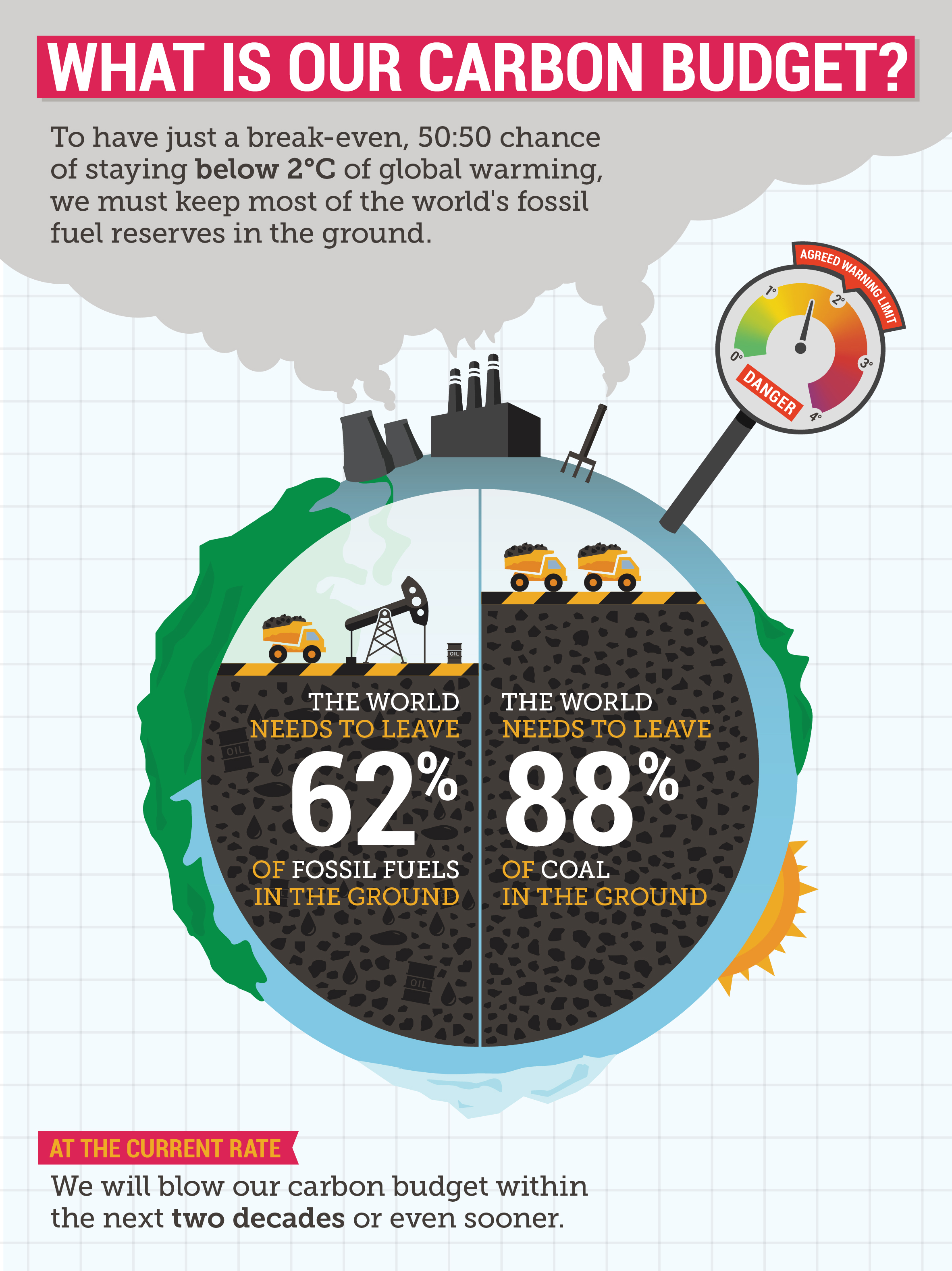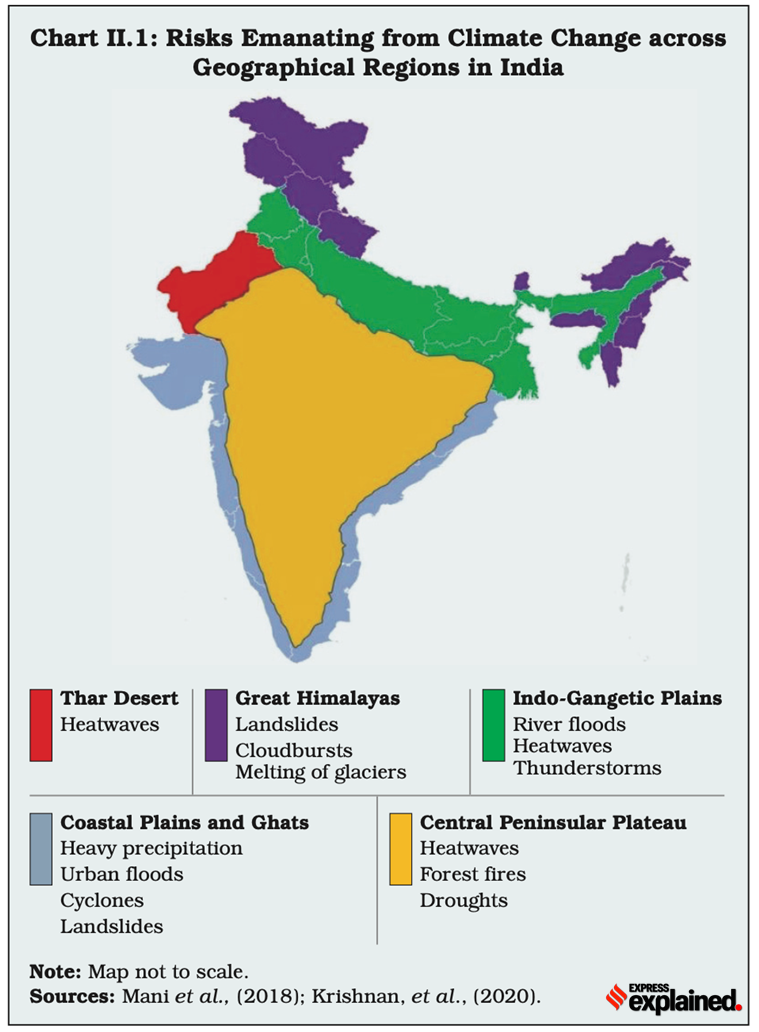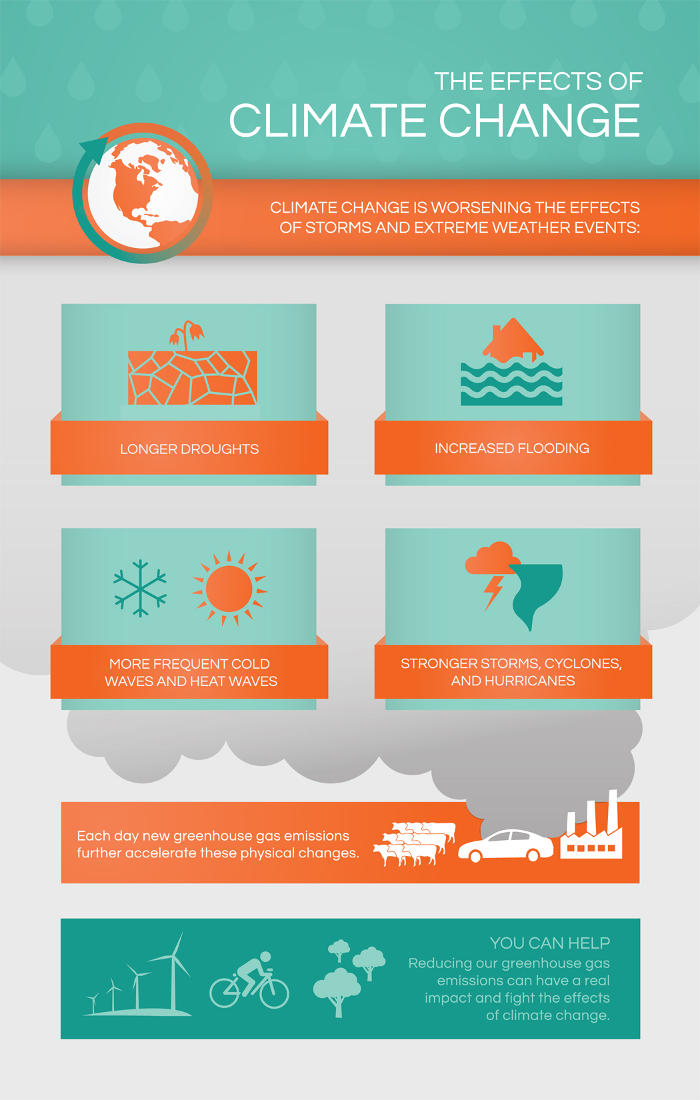Is the planet's future truly at stake? The scientific consensus is overwhelming: our climate is changing at an unprecedented rate, demanding immediate and decisive action to avert catastrophic consequences.
The intricate dance of Earth's climate system, a delicate balance forged over millennia, is now demonstrably disrupted. Evidence mounts daily, painting a stark picture of a planet grappling with the repercussions of a rapidly warming world. From the soaring temperatures to the increasingly erratic weather patterns, the fingerprints of climate change are undeniable, leaving an indelible mark on ecosystems, economies, and the very fabric of human civilization. The urgency of the situation cannot be overstated; the time for debate is over, the moment for action is now.
To understand the scale of the transformation, consider the relentless accumulation of data, the meticulous measurements, and the sophisticated modeling that underpin our understanding of climate change. The National Aeronautics and Space Administration (NASA), with its vantage point high above the Earth, gathers vital, long-term observations that chart our planet's evolution. Similarly, the National Oceanic and Atmospheric Administration (NOAA) provides a comprehensive record of global temperature trends, demonstrating the consistent and alarming rise of our planet's fever. The BBC News, in its concise and accessible guide, reinforces the scientific consensus: Climate change is the long-term shift in the Earth's average temperatures and weather conditions. The world has been warming up quickly over the past 100 years, and human activities are the primary driver.
Consider these key points that encapsulate the gravity of the crisis:
| Aspect | Details |
|---|---|
| Global Temperature Rise | Earth's surface temperature has risen by approximately 2 degrees Fahrenheit since 1850. This seemingly small increase represents a significant accumulation of heat within the Earth's system. |
| Accelerated Warming Trend | The pace of warming has accelerated in recent decades, with each new year frequently setting new records for global average temperatures. |
| Human Activities | The scientific consensus overwhelmingly attributes the current warming trend to human activities, primarily the emission of greenhouse gases through the burning of fossil fuels. |
| Consequences | The consequences of climate change are already being felt globally, including rising sea levels, more frequent and intense extreme weather events, disruptions to ecosystems, and impacts on human health and well-being. |
The multifaceted nature of climate change demands a collaborative response, one that transcends national borders and unites communities in a shared pursuit of sustainability. The Natural Resources Defense Council (NRDC) exemplifies this collaborative spirit, engaging with communities, allies, and decision-makers at every level of government, championing policies designed to drastically reduce carbon pollution, end our dependence on fossil fuels, and protect the people and ecosystems on the frontlines of this crisis.
The scale of the challenge is undoubtedly immense, but it is not insurmountable. By embracing innovation, promoting responsible stewardship of our resources, and enacting policies that prioritize sustainability, we can steer our planet toward a brighter future. The Copernicus Climate Change Service, for example, empowers countries to access high-quality climate data and develop tools that support a climate-resilient society. The Climate Change Performance Index (CCPI), an independent monitoring tool, rigorously tracks the climate mitigation performance of 63 countries and the EU, collectively accounting for over 90% of global greenhouse gas emissions. Through the meticulous assessment of these nations' efforts, the CCPI provides a framework for accountability and drives ambition.
As we navigate this pivotal moment in Earth's history, it is crucial to remain vigilant. The Chesapeake Bay Foundation highlights the tangible impacts of climate change in the Chesapeake region, where rising temperatures and rising sea levels threaten the bay's recovery, the local economy, and the cherished way of life. It serves as a stark reminder that the consequences of inaction are not abstract predictions but present-day realities.
The path ahead demands a holistic approach, one that acknowledges the interconnectedness of our planet and the need for collective action. By embracing renewable energy sources, enhancing energy efficiency, protecting our forests, and implementing sustainable practices across all sectors, we can mitigate the most severe effects of climate change and build a more resilient and equitable world for generations to come. The challenge is significant, but the opportunity for positive change is within our reach. By acting decisively and collaboratively, we can safeguard the delicate balance of our planet and ensure a sustainable future for all.



